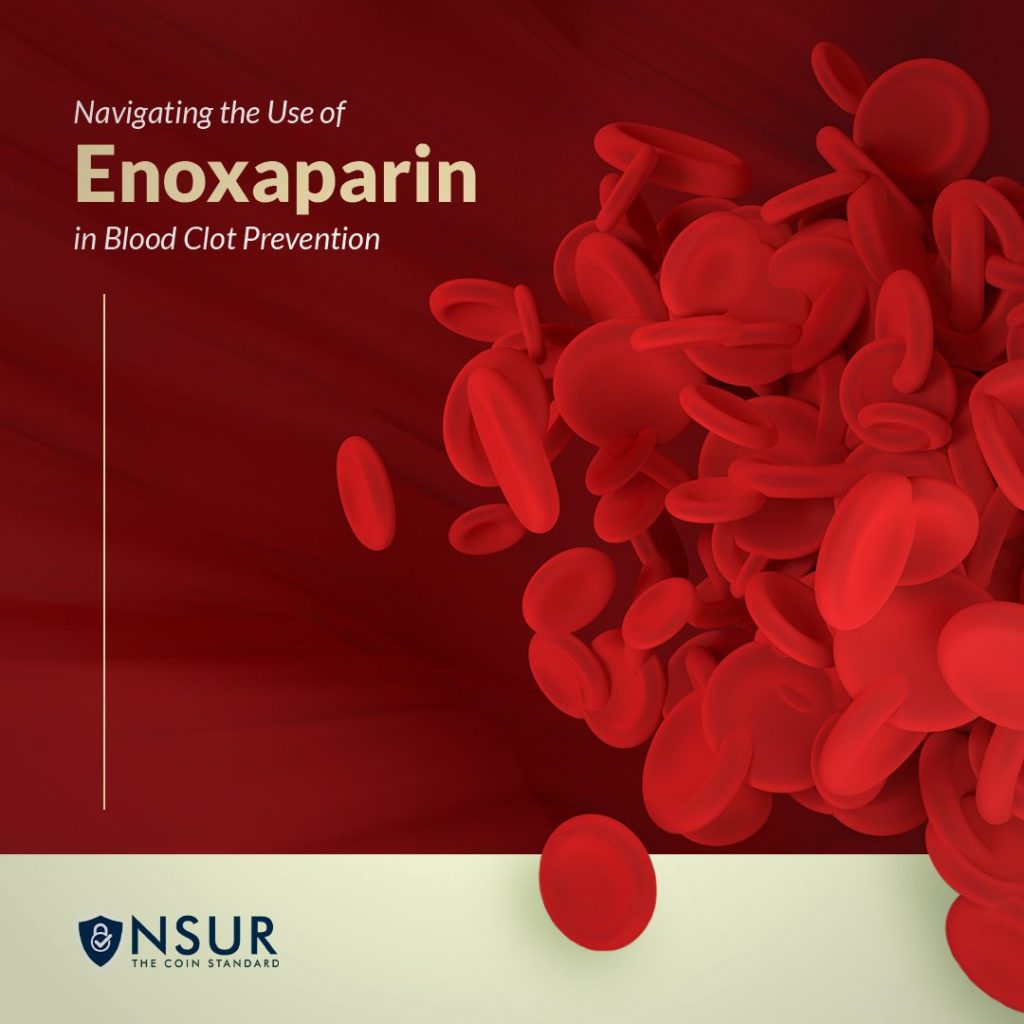
Dealing with mood disorders or the daunting challenge of quitting smoking are significant hurdles in one’s journey to wellness. Remarkably, a single medication, Bupropion, has emerged as a beacon of hope in both realms. This blog delves into how Bupropion serves as an effective tool in managing mood and facilitating smoking cessation.
Understanding Bupropion: More Than Just an Antidepressant
Originally developed as an antidepressant, Bupropion’s unique properties distinguish it from typical SSRIs (Selective Serotonin Reuptake Inhibitors). It functions primarily as a norepinephrine-dopamine reuptake inhibitor (NDRI), influencing the brain’s neurotransmitters involved in mood regulation and pleasure. This mechanism not only aids in alleviating symptoms of depression but also plays a pivotal role in addiction behaviors, particularly in nicotine addiction.
Bupropion for Mood Management
Depression, a debilitating mental health condition, impacts millions globally. Traditional antidepressants may not be effective for everyone, and this is where Bupropion steps in. By targeting norepinephrine and dopamine, it offers a different approach, potentially benefiting those who haven’t found relief with SSRIs.
Clinical studies have consistently shown its efficacy in improving mood, with a bonus of having a lower risk of sexual side effects, a common issue with other antidepressants. However, it’s crucial to note that while Bupropion can be highly effective, it isn’t suitable for everyone. It’s essential to consult with a healthcare professional to determine if it’s the right choice for your specific situation.
Bupropion in Smoking Cessation: Breaking the Chains of Nicotine Addiction
Perhaps one of the most intriguing roles of Bupropion is in aiding smoking cessation. Nicotine addiction is notoriously challenging to overcome, partly due to its complex effects on the brain’s reward system. Bupropion helps in two significant ways:
- Reducing Cravings: By increasing dopamine and norepinephrine levels, Bupropion can reduce the intense cravings associated with nicotine withdrawal.
- Easing Withdrawal Symptoms: It helps alleviate symptoms like irritability, anxiety, and difficulty concentrating, often experienced when quitting smoking.
A landmark in Bupropion’s journey was its FDA approval for smoking cessation under the brand name Zyban. It’s important to start the medication one to two weeks before the quit date to allow it to build up in your system.
Best Practices and Considerations
While Bupropion is a powerful tool, it’s not a magic pill. For effective mood management or smoking cessation, it should be part of a broader strategy that includes:
- Therapy and Support Groups: Particularly for mood disorders, combining medication with therapy can be more effective than medication alone.
- Lifestyle Changes: Regular exercise, a healthy diet, and adequate sleep can significantly boost the effectiveness of Bupropion in managing mood and addiction.
- Continuous Monitoring: Regular check-ins with a healthcare provider are essential to monitor progress and any potential side effects.
Safety and Side Effects
Like all medications, Bupropion comes with potential side effects. Common ones include dry mouth, insomnia, and headaches. More serious, though rare, side effects can include seizures. It’s not recommended for individuals with seizure disorders, eating disorders, or those undergoing abrupt alcohol or benzodiazepine withdrawal.
Take advantage of NSURx for your prescription drugs!
With the NSURx Prescription Benefit Card, you can save money on your medications at more than 35,000 pharmacies across the United States.
You can save up to 80% on your medication by using an NSURx card. Hundreds of dollars in savings could be yours every time you fill out your prescription.
The more you shop with NSURx, the more NSUR Coins you will receive as a reward.
Conclusion
Bupropion stands out in the pharmacological landscape for its dual efficacy in treating mood disorders and aiding in smoking cessation. It offers hope and a path forward for those struggling with these challenges. As with any medication, the key to success with Bupropion lies in personalized medical guidance, a supportive environment, and a commitment to overall wellness. If you’re considering Bupropion for either of these uses, consult with your healthcare provider to chart a course that’s safe and effective for your unique journey.
Disclaimer
This blog post is intended for informational purposes only and should not be considered a substitute for professional medical advice. Always consult with a qualified healthcare provider for personalized recommendations and guidance.











